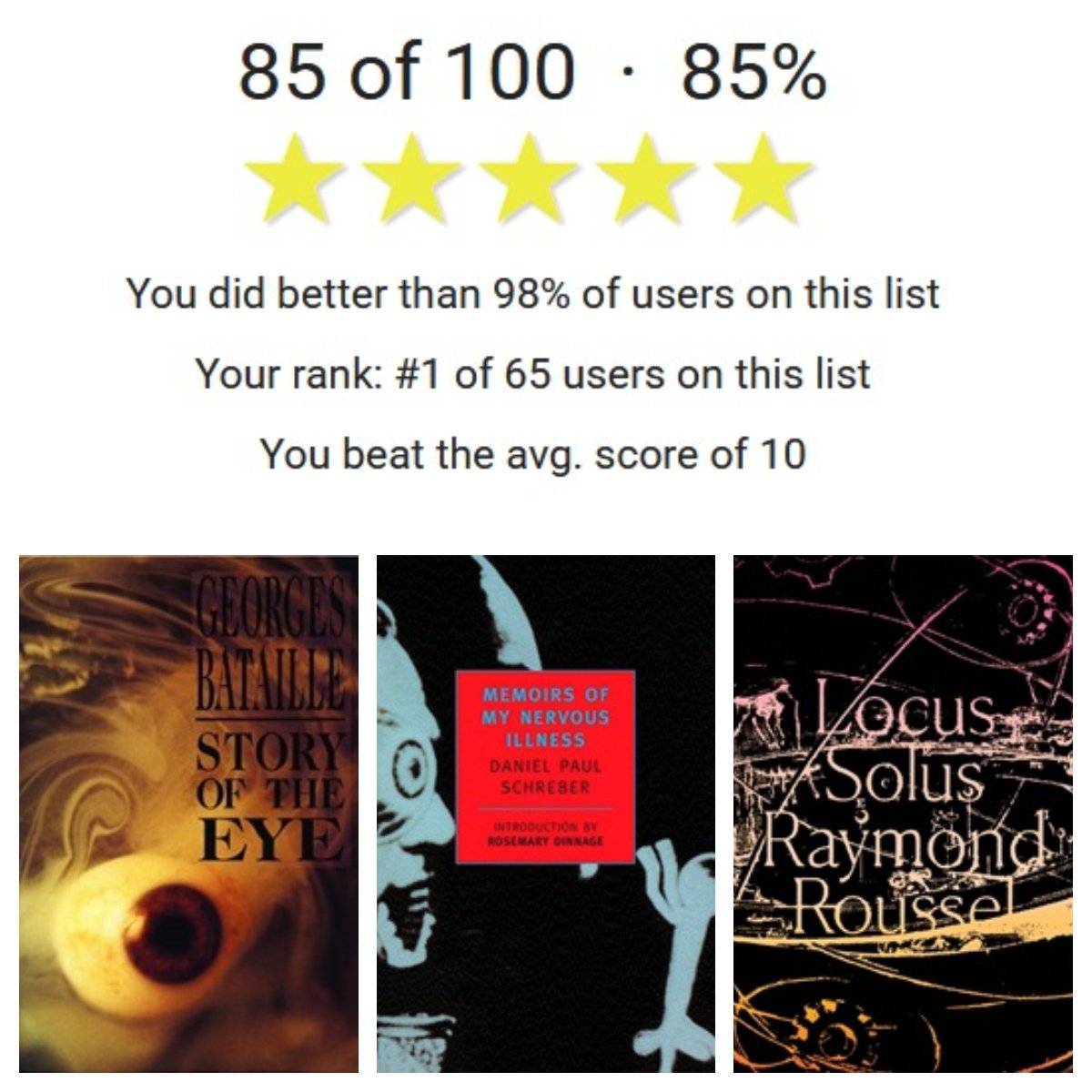
#threelistthursday #tlt @dabbe
Pictured are three books that I resent having read.

#threelistthursday #tlt @dabbe
Pictured are three books that I resent having read.
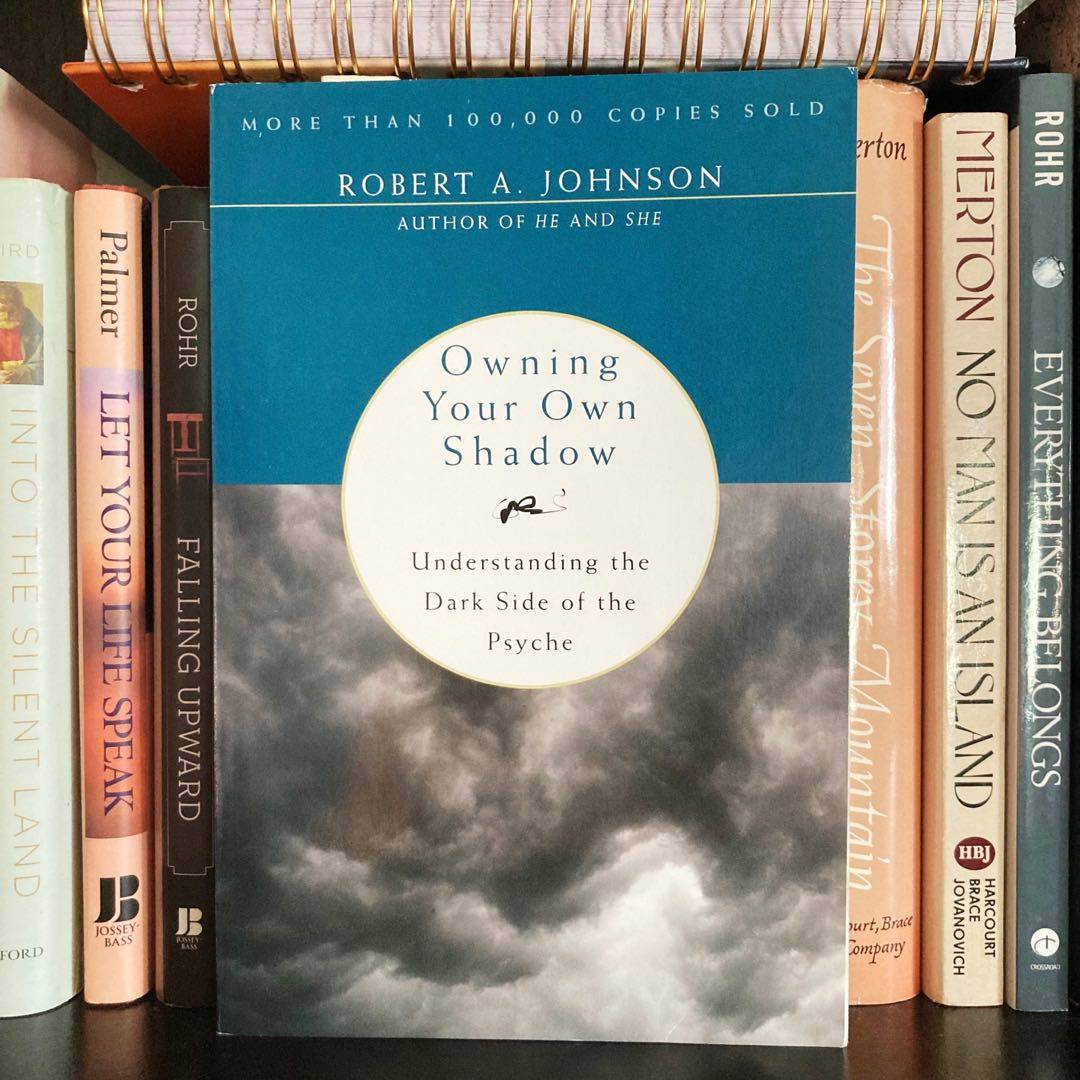
Catching up on belated reviews (still)… I read this for my spiritual direction program back in March.
I don‘t have much of a background in psychology, so this was a great intro to the Jungian idea of the shadow: the aspects of ourselves, both good & bad, that we unconsciously hide or suppress. There‘s a lot packed into this slim volume, and I was surprised by—but appreciated—the connections Johnson makes to faith ⤵️
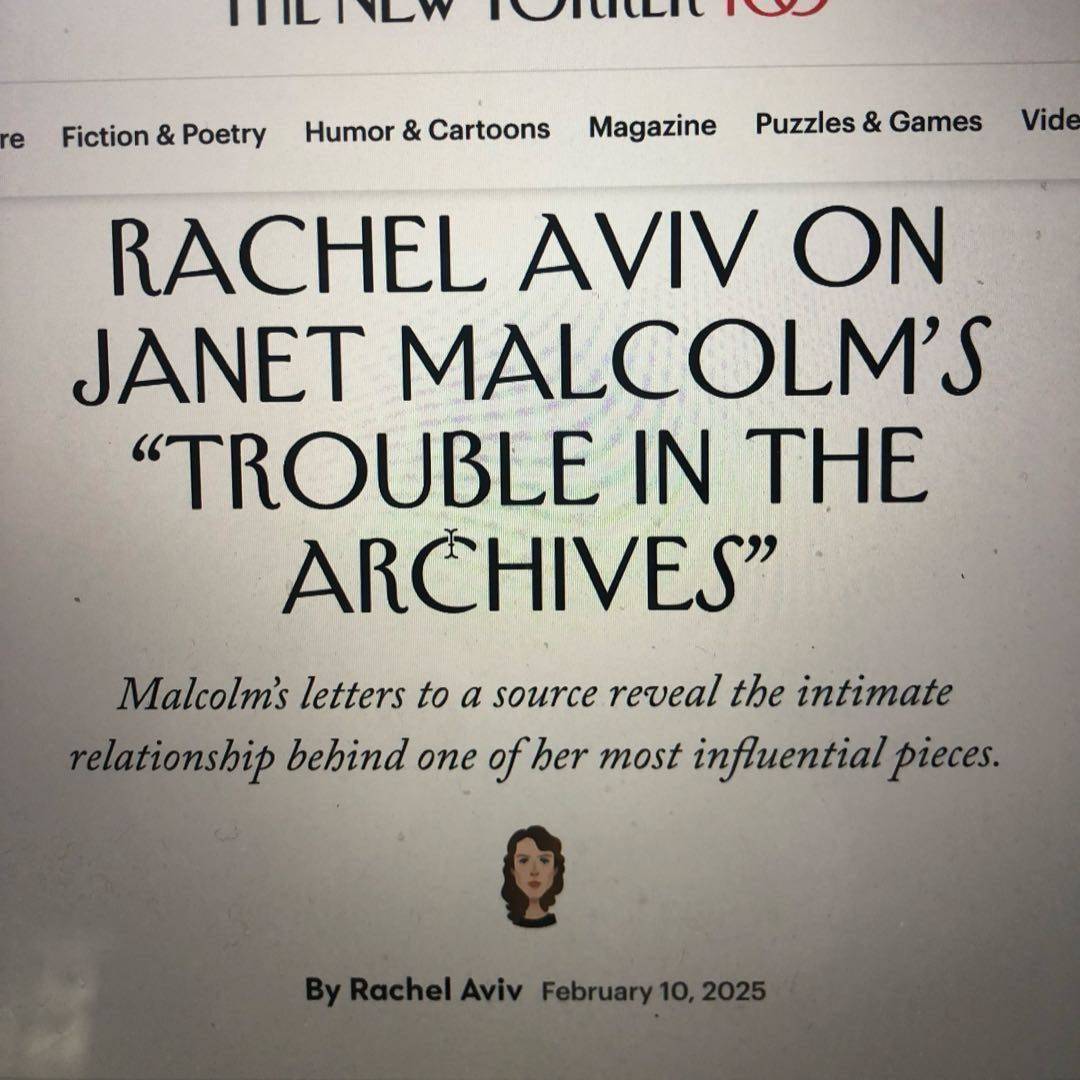
After finishing this book I went on to The New Yorker website to see how many of Janet Malcolm‘s articles I had read in the past and to my surprise there was a brief article in this recent issue about Malcolm and Eissler! Janet Malcolm‘s nonfiction writing about three men involved in the Freud archives - two of whom have massive egos and one wanting to believe in the brilliance of a protege - is so engaging. 🔽
#offtheshelf #bookspin
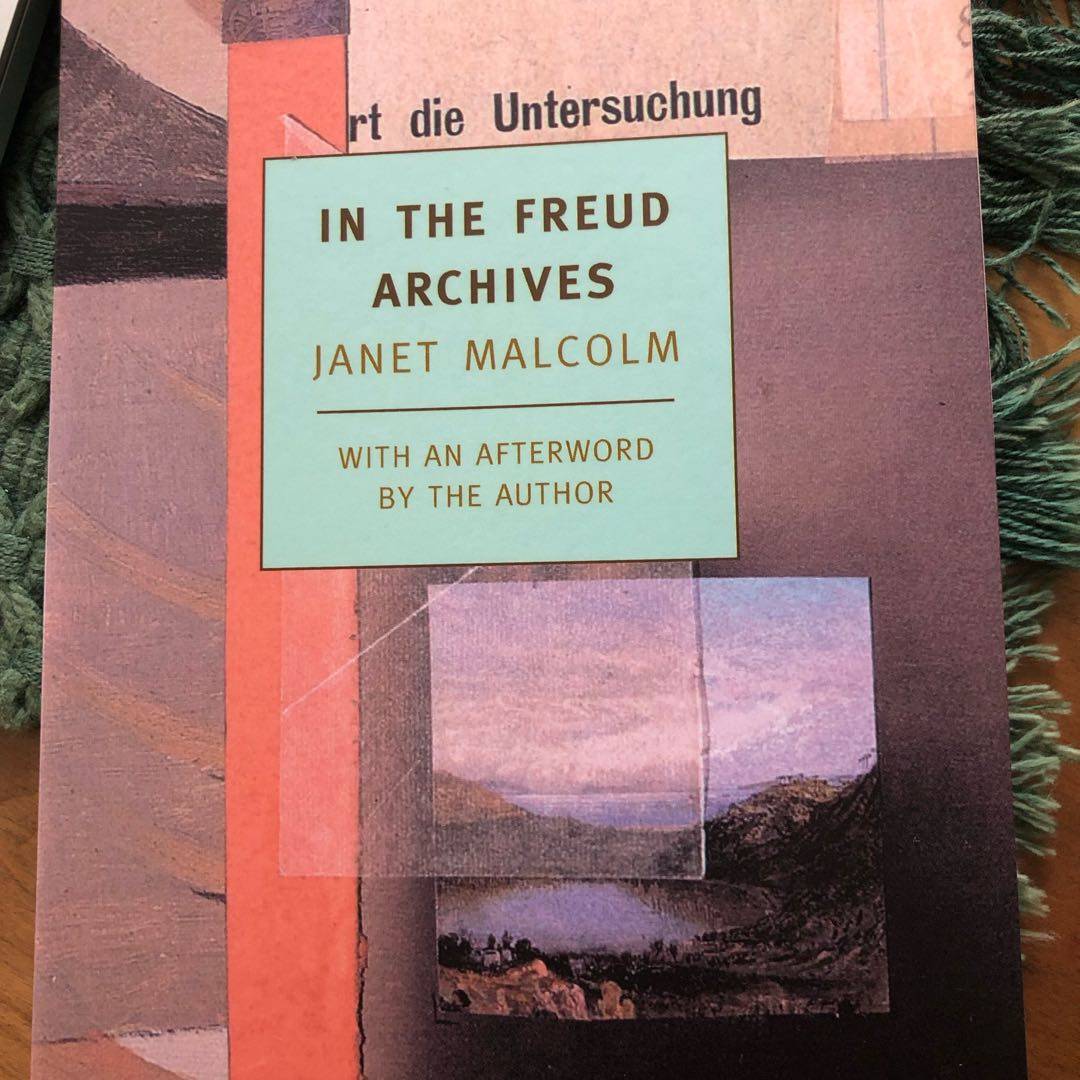
#11 on my December bookspin.
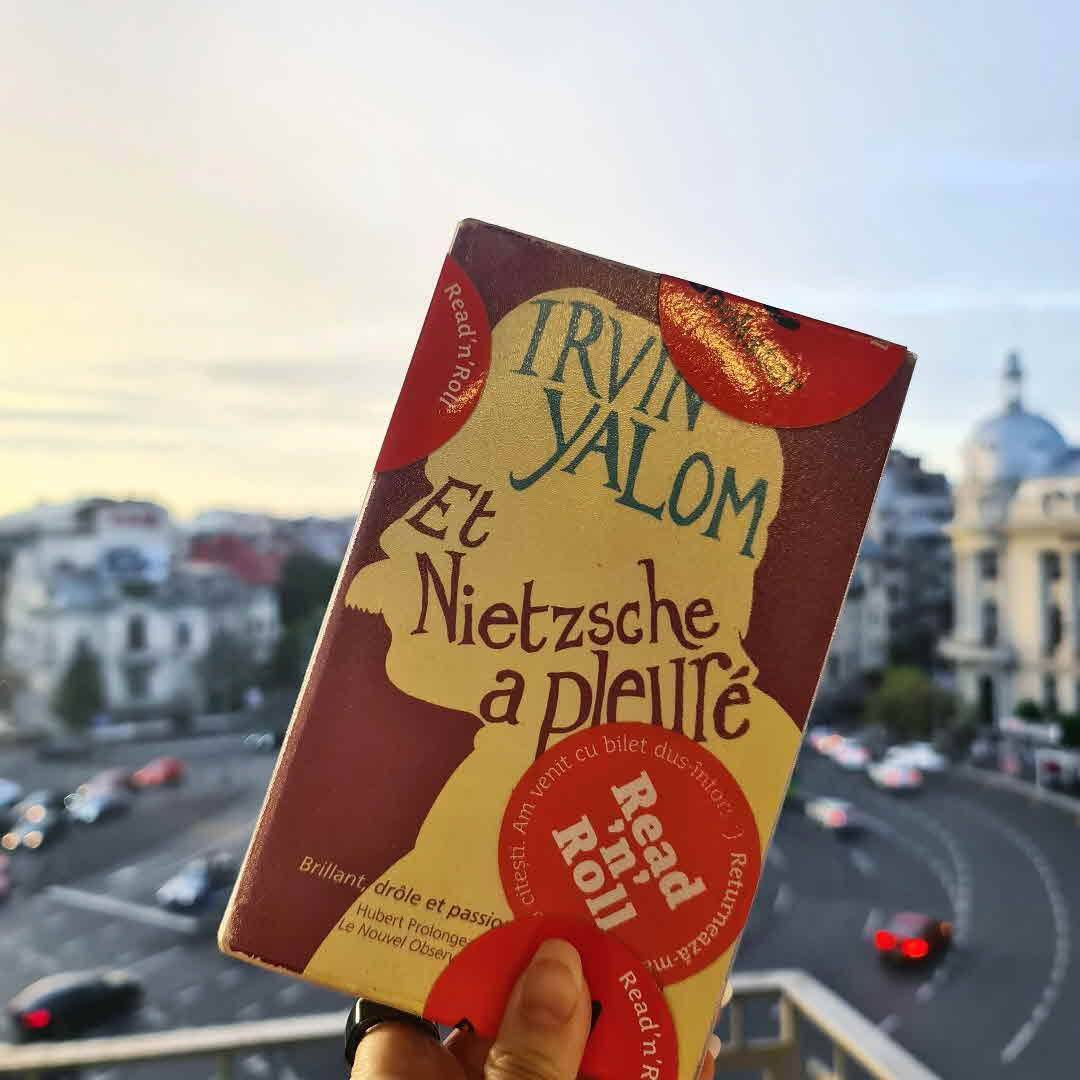
In this historical fiction, in 1882 Josef Breuer, a physician who made discoveries in neurophysiology, meets philosopher Friedrich Nietzsche. The first is a renowned scientist in his mid-life crisis, the latter is a difficult to treat patient with a fabulous mind.
Their conversations are absolutely brilliant and set the bases for psychoanalysis at a time when Dr. Breuer's young friend Sigmund Freud is just a 25-year old medicine student.
the superego. It originates from the long dependency of the infant on his parents; the parental influence remains the core of the superego. Subsequently, a number of societal and cultural influences are taken in by the superego until it coagulates into the powerful representative of established morality and “what people call the ‘higher‘ things in human life.”
According to Freud, the history of man is the history of his repression. Culture constrains not only his societal but also his biological existence, not only parts of the human being but his instinctual structure itself. However, such constraint is the very precondition of progress.